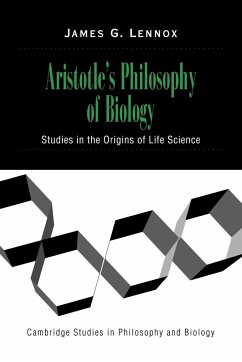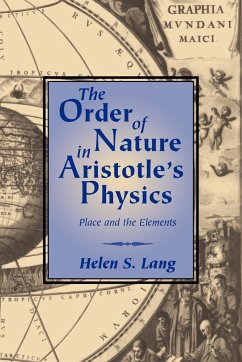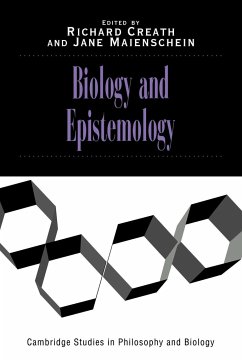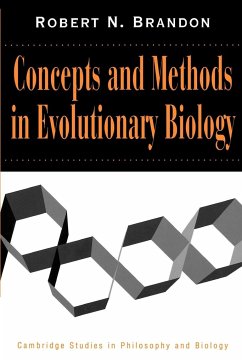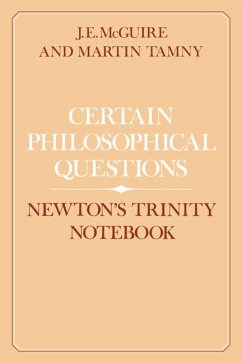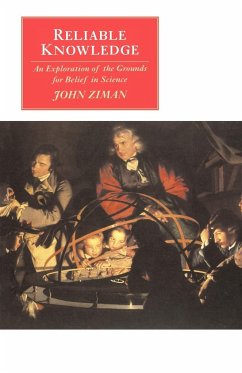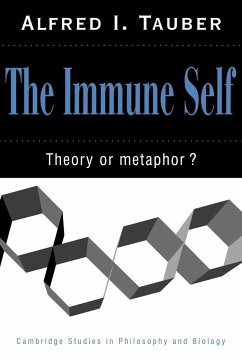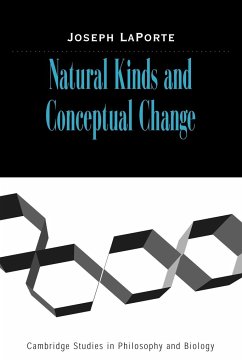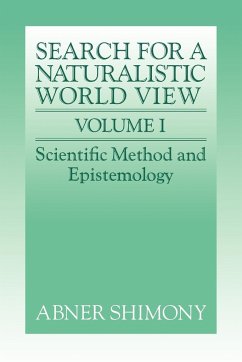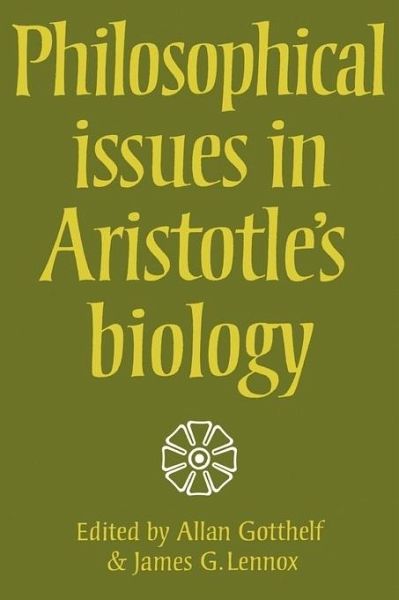
Philosophical Issues in Aristotle's Biology
Versandkostenfrei!
Versandfertig in 1-2 Wochen
64,99 €
inkl. MwSt.

PAYBACK Punkte
32 °P sammeln!
Aristotle's biological works - constituting over 25% of his surviving corpus and for centuries largely unstudied by philosophically oriented scholars - have been the subject of an increasing amount of attention of late. This collection brings together some of the best work that has been done in this area, with the aim of exhibiting the contribution that close study of these treatises can make to the understanding of Aristotle's philosophy. The book is divided into four parts, each with an introduction which places its essays in relation to each other and to the wider issues of the book as a wh...
Aristotle's biological works - constituting over 25% of his surviving corpus and for centuries largely unstudied by philosophically oriented scholars - have been the subject of an increasing amount of attention of late. This collection brings together some of the best work that has been done in this area, with the aim of exhibiting the contribution that close study of these treatises can make to the understanding of Aristotle's philosophy. The book is divided into four parts, each with an introduction which places its essays in relation to each other and to the wider issues of the book as a whole. The first part is an overview of the relationship of Aristotle's biology to his philosophy; the other three each concentrate on a set of issues central to Aristotelian study - definition and demonstration; teleology and necessity in nature; and metaph themes such as the unity of matter and form and the nature of substance.
Table of contents:
Preface; Introduction; Part I. Biology and Philosophy: An Overview: Introduction; 1. The place of biology in Aristotle's philosophy D. M. Balme; 2. Aristotle's biological universe: an overview Montgomery Furth; 3. Empirical research in Aristotle's biology G. E. R. Lloyd; Part II. Definition and Demonstration: Theory and Practice: Introduction; 4. Aristotle's use of division and differentiae D. M. Balme; 5. Divide and explain: the Posterior Analytics in practice James G. Lennox; 6. Definition and scientific method in Aristotle's Posterior Analytics and Generation of Animals Robert Bolton; 7. First principles in Aristotle's Parts of Animals Allan Gotthelf; Part III. Teleology and Necessity in Nature: Introduction; 8. Aristotle's conception of final causality Allan Gotthelf; 9. Hypothetical necessity and natural teleology John M. Cooper; 10. Teleology and necessity D. M. Balme; Part IV. Metaphysical Themes: Introduction; 11. Aristotle's biology was not essentialist D. M. Balme; 12. Logical difference and biological difference: the unity of Aristotle's thought Pierre Pellegrin; 13. Kinds, forms of kinds, and the more and the less in Aristotle's biology James G. Lennox; 14. Animals and other beings in Aristotle L. A. Kosman; 15. Aristotle on bodies, matter, and potentiality Cynthia A. Freeland; 16. Aristotle on the place of mind in nature William Charlton; Index locorum; General index.
Aristotle's biological works - constituting over 25% of his surviving corpus and for centuries largely unstudied by philosophically oriented scholars - have been the subject of an increasing amount of attention of late. This collection brings together some of the best work that has been done in this area.
Table of contents:
Preface; Introduction; Part I. Biology and Philosophy: An Overview: Introduction; 1. The place of biology in Aristotle's philosophy D. M. Balme; 2. Aristotle's biological universe: an overview Montgomery Furth; 3. Empirical research in Aristotle's biology G. E. R. Lloyd; Part II. Definition and Demonstration: Theory and Practice: Introduction; 4. Aristotle's use of division and differentiae D. M. Balme; 5. Divide and explain: the Posterior Analytics in practice James G. Lennox; 6. Definition and scientific method in Aristotle's Posterior Analytics and Generation of Animals Robert Bolton; 7. First principles in Aristotle's Parts of Animals Allan Gotthelf; Part III. Teleology and Necessity in Nature: Introduction; 8. Aristotle's conception of final causality Allan Gotthelf; 9. Hypothetical necessity and natural teleology John M. Cooper; 10. Teleology and necessity D. M. Balme; Part IV. Metaphysical Themes: Introduction; 11. Aristotle's biology was not essentialist D. M. Balme; 12. Logical difference and biological difference: the unity of Aristotle's thought Pierre Pellegrin; 13. Kinds, forms of kinds, and the more and the less in Aristotle's biology James G. Lennox; 14. Animals and other beings in Aristotle L. A. Kosman; 15. Aristotle on bodies, matter, and potentiality Cynthia A. Freeland; 16. Aristotle on the place of mind in nature William Charlton; Index locorum; General index.
Aristotle's biological works - constituting over 25% of his surviving corpus and for centuries largely unstudied by philosophically oriented scholars - have been the subject of an increasing amount of attention of late. This collection brings together some of the best work that has been done in this area.





